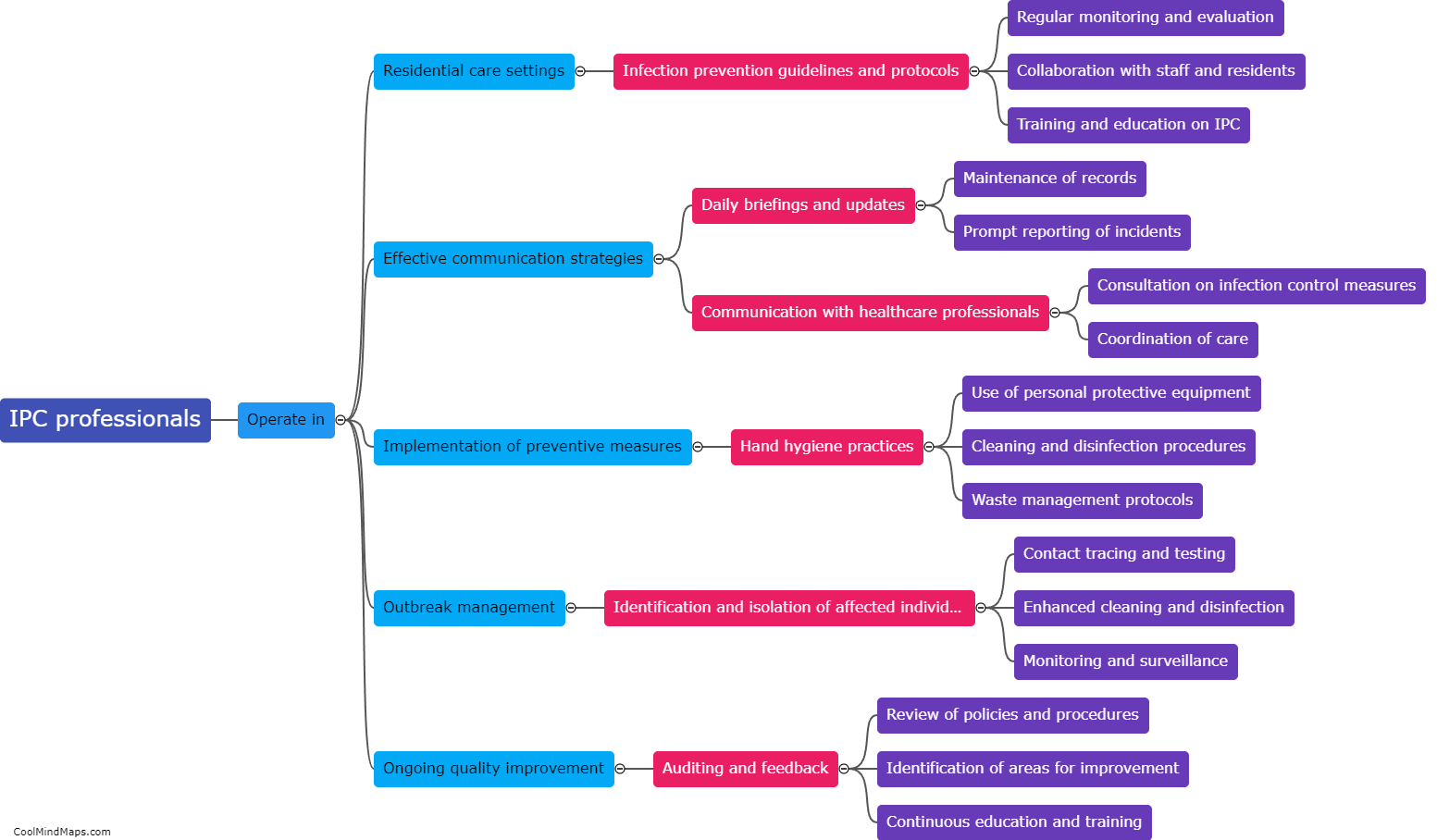What are the presuppositions of the Portuguese language?
The presuppositions of the Portuguese language refer to the underlying assumptions or beliefs that are embedded within the language itself. These presuppositions are often shaped by the culture, history, and linguistic traditions of Portuguese-speaking communities. Some of the key presuppositions of the Portuguese language include a tendency towards formality and politeness, a reliance on indirect communication and subtle nuances, a preference for collectivism and social harmony, and a strong emphasis on the importance of family and interpersonal relationships. Additionally, Portuguese presupposes a certain level of familiarity with the country's history, traditions, and cultural references, as these elements are frequently invoked in everyday language usage. Overall, understanding the presuppositions of the Portuguese language is essential for effective communication and cultural comprehension within Portuguese-speaking communities.

This mind map was published on 9 September 2023 and has been viewed 98 times.











